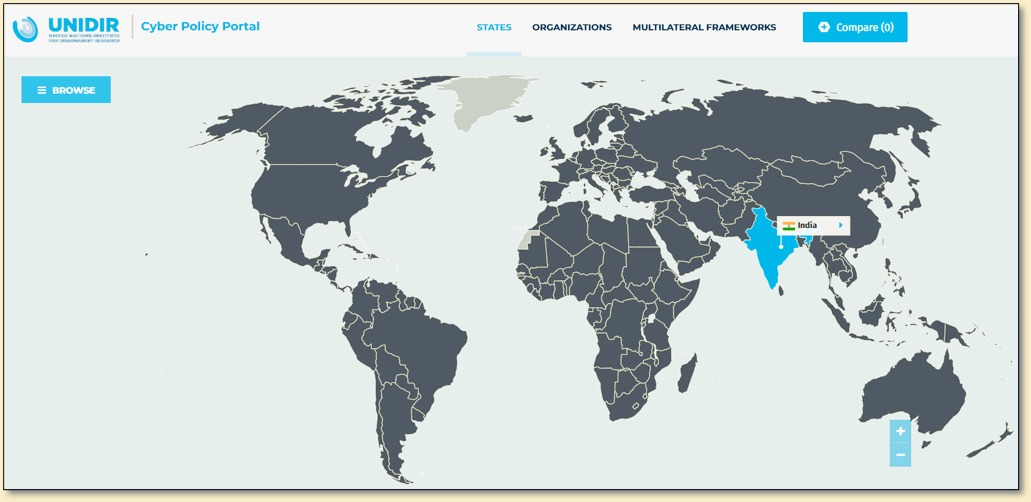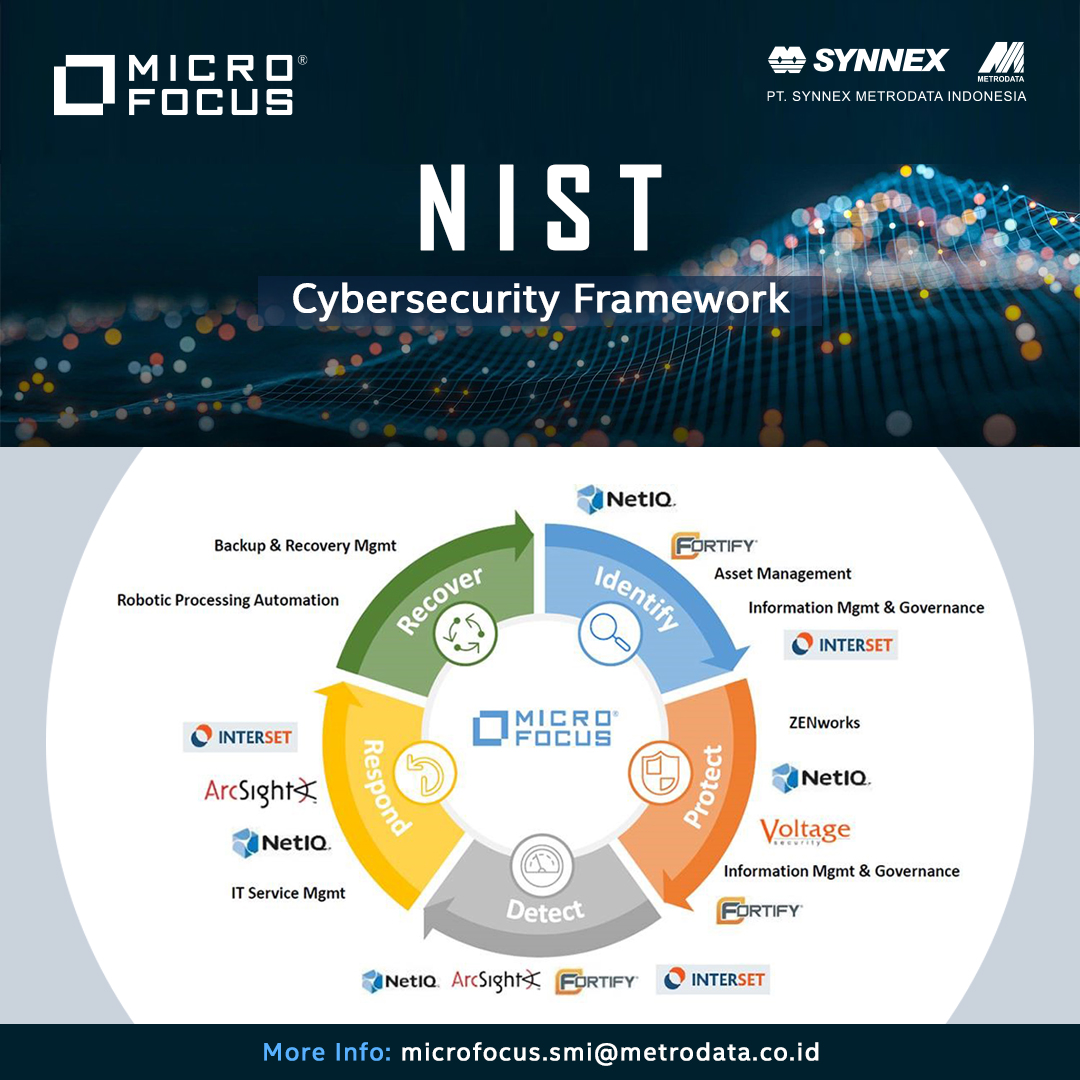Kondisi keamanan siber di indonesia – Delving into the realm of cybersecurity in Indonesia, this exploration unveils the current state of affairs, prevalent threats, and ongoing efforts to safeguard the nation’s digital landscape. With a comprehensive overview, we delve into the challenges faced by Indonesia in the realm of cybersecurity, examining the shortage of skilled professionals, the need for enhanced infrastructure, and the complexities of implementing effective regulations.
Furthermore, we shed light on the government’s initiatives to bolster cybersecurity, including the National Cybersecurity Strategy and the role of the National Cyber and Crypto Agency (BSSN). We emphasize the significance of promoting cybersecurity awareness among the public and explore best practices for individuals and organizations to protect against cyberattacks.
Current State of Cybersecurity in Indonesia
Indonesia, the largest archipelagic nation, has witnessed a surge in cyberattacks in recent years. Statistics reveal a significant rise in the number of reported cyber incidents, highlighting the urgent need for robust cybersecurity measures.
The current state of cybersecurity in Indonesia demands attention, as evidenced by the emergence of experts like radika karya utama . Their insights underscore the critical need for robust measures to safeguard our digital infrastructure and protect sensitive data from potential threats.
Cyberattacks in Indonesia manifest in various forms, including malware infections, phishing scams, and ransomware attacks. These attacks target individuals, businesses, and government agencies alike, posing a significant threat to the nation’s digital infrastructure and economy.
Targeted Sectors
Cyberattacks in Indonesia often target specific sectors, exploiting vulnerabilities within their systems. These sectors include:
- Financial institutions, such as banks and payment gateways
- Government agencies, including critical infrastructure
- Healthcare organizations, where sensitive patient data is stored
- Telecommunications companies, which provide essential communication services
- Retail and e-commerce businesses, where customer data and financial transactions are processed
Challenges Faced by Indonesia in Cybersecurity
Indonesia, like many other countries, faces numerous challenges in the realm of cybersecurity. These challenges hinder the nation’s efforts to protect its critical infrastructure, sensitive data, and citizens from cyber threats. Addressing these challenges is crucial for enhancing Indonesia’s cybersecurity posture and ensuring the safety of its digital ecosystem.
Lack of Skilled Cybersecurity Professionals
Indonesia faces a shortage of skilled cybersecurity professionals, which is a significant challenge for the country’s cybersecurity efforts. The demand for qualified cybersecurity experts exceeds the supply, resulting in a talent gap that hampers the nation’s ability to effectively respond to and mitigate cyber threats.
Need for Improved Cybersecurity Infrastructure, Kondisi keamanan siber di indonesia
Indonesia’s cybersecurity infrastructure requires improvement to enhance the nation’s ability to protect its digital assets. The country needs to invest in modern cybersecurity technologies, such as intrusion detection and prevention systems, firewalls, and data encryption tools, to strengthen its defenses against cyberattacks.
The current state of cybersecurity in Indonesia is a cause for concern. The country has been the target of numerous cyberattacks in recent years, and the number of attacks is only expected to increase in the future. To address this growing threat, Indonesia needs to invest in its cybersecurity infrastructure and develop a comprehensive cybersecurity strategy.
For more information on the state of cybersecurity in Indonesia, visit keamanan siber indonesia .
Challenges in Implementing Effective Cybersecurity Regulations
Developing and implementing effective cybersecurity regulations is a challenge for Indonesia. The country needs to establish clear and comprehensive laws that address various aspects of cybersecurity, including data protection, privacy, and cybercrime. Furthermore, Indonesia must ensure that these regulations are enforced effectively to deter cybercriminals and protect citizens from online threats.
Government Initiatives to Enhance Cybersecurity
The Indonesian government has recognized the critical importance of cybersecurity and has taken proactive steps to strengthen the country’s cybersecurity posture. The National Cybersecurity Strategy of Indonesia serves as a comprehensive roadmap for the government’s efforts in this domain.
National Cybersecurity Strategy of Indonesia
The National Cybersecurity Strategy of Indonesia, adopted in 2021, Artikels a holistic approach to cybersecurity. It encompasses various aspects, including infrastructure protection, incident response, capacity building, and international cooperation. The strategy aims to create a secure and resilient cyberspace that supports Indonesia’s economic growth and national security.
National Cyber and Crypto Agency (BSSN)
The National Cyber and Crypto Agency (BSSN) is the central authority responsible for coordinating and implementing cybersecurity initiatives in Indonesia. BSSN’s mandate includes developing cybersecurity policies, conducting cybersecurity audits, and responding to cyber incidents. The agency plays a vital role in strengthening Indonesia’s cybersecurity infrastructure and enhancing its resilience against cyber threats.
Public Awareness and Education
The Indonesian government recognizes the importance of raising public awareness about cybersecurity. It has launched several initiatives to educate citizens about online safety, cyber threats, and best practices for protecting personal information. These initiatives include public awareness campaigns, educational programs, and collaboration with educational institutions.
Best Practices for Cybersecurity in Indonesia: Kondisi Keamanan Siber Di Indonesia

Cybersecurity threats are on the rise in Indonesia, and it is important for both individuals and organizations to take steps to protect themselves. There are a number of best practices that can be followed to reduce the risk of a cyberattack.
For individuals, some of the most important best practices include:
- Using strong passwords and changing them regularly
- Being careful about what information is shared online
- Keeping software up to date
- Being aware of the signs of a phishing attack
- Using a VPN when connecting to public Wi-Fi
For organizations, some of the most important best practices include:
- Implementing a cybersecurity policy
- Conducting regular security audits
- Investing in cybersecurity training for employees
- Using a firewall and intrusion detection system
- Backing up data regularly
Recommended Cybersecurity Tools and Technologies for Businesses in Indonesia
There are a number of cybersecurity tools and technologies that can help businesses in Indonesia protect themselves from cyberattacks. Some of the most recommended tools and technologies include:
- Antivirus software
- Firewall
- Intrusion detection system
- Virtual private network (VPN)
- Data backup software
Flowchart Illustrating the Steps to Take in the Event of a Cyberattack
In the event of a cyberattack, it is important to take the following steps:
- Identify the type of attack
- Contain the attack
- Eradicate the attack
- Recover from the attack
- Learn from the attack
Future of Cybersecurity in Indonesia

Indonesia faces a dynamic and evolving cybersecurity landscape. Understanding the emerging threats and adopting innovative solutions is crucial for securing the nation’s digital infrastructure.
Emerging Cybersecurity Threats
- Ransomware:Extortion-based attacks continue to target businesses and government agencies, disrupting operations and demanding hefty ransoms.
- Phishing and Social Engineering:Scammers use sophisticated techniques to trick users into revealing sensitive information or downloading malware.
- Cloud Security:As cloud adoption grows, so does the risk of data breaches and unauthorized access to cloud-based systems.
- Internet of Things (IoT) Security:The proliferation of IoT devices creates new attack vectors and challenges for securing interconnected systems.
- Advanced Persistent Threats (APTs):Sophisticated and targeted attacks aimed at high-value targets, such as critical infrastructure and government agencies.
Role of Artificial Intelligence (AI) in Cybersecurity
AI plays a pivotal role in enhancing cybersecurity by:
- Threat Detection and Analysis:AI algorithms can analyze vast amounts of data to identify patterns and anomalies, enabling early detection of threats.
- Automated Response:AI-powered systems can respond to cyberattacks in real-time, blocking malicious activities and minimizing damage.
- Vulnerability Assessment:AI can identify vulnerabilities in software and systems, allowing organizations to prioritize remediation efforts.
- User Behavior Analytics:AI can monitor user behavior to detect suspicious activities and prevent insider threats.
Need for International Collaboration
Cybersecurity threats transcend national borders, requiring international collaboration to address:
- Information Sharing:Exchanging threat intelligence and best practices helps countries stay informed and prepared for emerging threats.
- Capacity Building:Collaborative initiatives can enhance cybersecurity capabilities in developing countries, strengthening global resilience.
- Joint Operations:International cooperation allows countries to coordinate cyber defense operations and respond to large-scale attacks.
- Policy Harmonization:Aligning cybersecurity regulations and standards globally promotes consistency and improves international cooperation.
End of Discussion
As we peer into the future of cybersecurity in Indonesia, we anticipate emerging threats and discuss the transformative role of artificial intelligence (AI) in enhancing protection. We underscore the necessity of international collaboration to address the evolving cybersecurity landscape, ensuring a secure and resilient digital ecosystem for Indonesia.
Expert Answers
What are the most common types of cyberattacks in Indonesia?
Phishing, malware attacks, and ransomware are among the most prevalent cyber threats in Indonesia.
What sectors are most vulnerable to cyberattacks in Indonesia?
Financial institutions, government agencies, and healthcare organizations are particularly susceptible to cyberattacks in Indonesia.
What is the government doing to address cybersecurity challenges in Indonesia?
The Indonesian government has implemented the National Cybersecurity Strategy and established the National Cyber and Crypto Agency (BSSN) to enhance cybersecurity.


